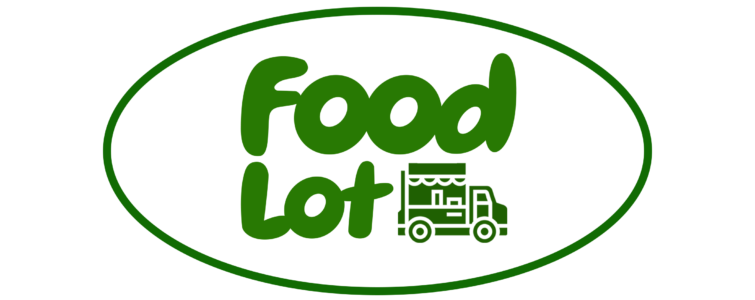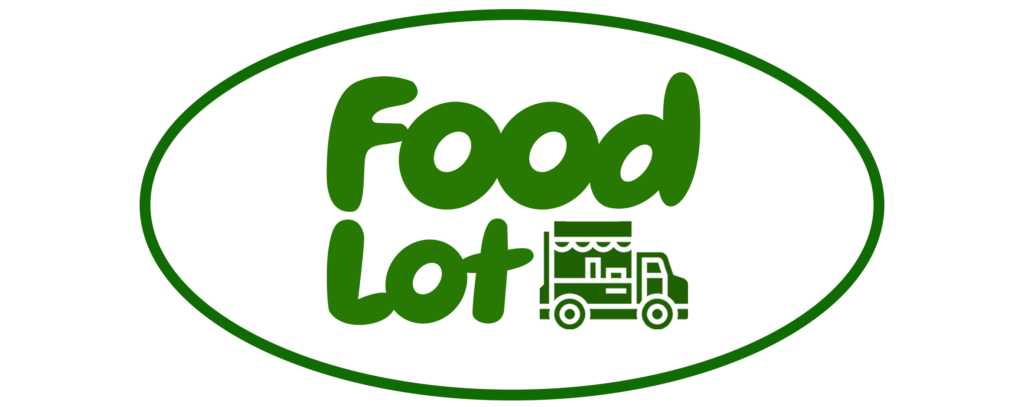

What Features Should a Healthcare App Have to Thrive in Dubai’s Market?
In the ever-evolving landscape of healthcare, technological advancements have ushered in a new era of accessibility and efficiency. Mobile applications, in particular, have become indispensable tools in the realm of healthcare services. This trend is especially pronounced in cities like Dubai, where rapid digital transformation is reshaping Mobile App Development Dubai. We delve into the essential features that a healthcare app should possess to thrive in Dubai’s competitive market.
Understanding Dubai’s Healthcare Landscape
Dubai’s healthcare sector is renowned for its world-class facilities, cutting-edge technology adoption, and a strong emphasis on patient-centric care. The city hosts a diverse population comprising locals, expatriates, and medical tourists, making it a melting pot of healthcare needs and preferences. Mobile app development in Dubai’s healthcare sector must align with these unique characteristics to meet the evolving demands of patients and healthcare providers alike.
Key Features for Healthcare App Development
Multi-Language Support
Given Dubai’s multicultural environment, language diversity is a critical consideration for healthcare apps. Offering multilingual support ensures that users from various linguistic backgrounds can access and navigate the app seamlessly. Incorporating languages such as Arabic, English, Urdu, and Hindi can significantly enhance the app’s reach and user experience.
Telemedicine Integration
Telemedicine has gained significant traction globally, and Dubai is no exception. Integrating telemedicine features allows users to consult healthcare professionals remotely, reducing the need for physical visits, especially for routine consultations and follow-ups. Features like video consultations, appointment scheduling, and e-prescriptions enhance accessibility and convenience for patients.
Electronic Health Records (EHR) Management
Efficient management of electronic health records is paramount for healthcare apps. Seamless integration with EHR systems ensures accurate and secure storage of patient information, including medical history, test results, and prescriptions. Advanced features like data encryption, access control, and interoperability with healthcare providers’ systems uphold patient privacy and facilitate informed decision-making.
Appointment Booking and Reminders
Streamlining appointment booking processes is a key convenience factor for patients. An intuitive interface that allows users to schedule appointments, receive reminders, and manage their healthcare calendar promotes engagement and reduces no-shows. Integrating real-time availability updates and waitlist management further optimizes the appointment booking experience.
Health Monitoring and Wearable Integration
The integration of health monitoring capabilities and compatibility with wearables such as fitness trackers and smartwatches enable users to track vital health metrics seamlessly. Features like step count, heart rate monitoring, sleep tracking, and calorie tracking empower users to take proactive control of their health and fitness goals. Real-time data synchronization and personalized insights enhance the app’s utility and value proposition.
Medication Management and Reminders
Managing medications effectively is crucial for patient adherence and treatment outcomes. Incorporating features for medication reminders, dosage tracking, prescription refills, and drug interaction alerts helps users stay compliant with their treatment plans. Customizable reminders based on dosage schedules and refill timing improve medication adherence and overall health management.
Health Education and Content Resources
Empowering users with reliable health education resources and content fosters informed decision-making and promotes healthy lifestyles. Integrating articles, videos, infographics, and interactive modules on wellness, disease management, preventive care, and lifestyle modifications enriches the app’s value proposition. Personalized content recommendations based on user preferences and health goals enhance engagement and retention.
Secure Communication Channels
Facilitating secure communication channels between users and healthcare providers enhances care coordination and patient engagement. Features such as secure messaging, file sharing, and video consultations ensure confidential communication while adhering to data privacy regulations. Encrypted messaging, user authentication, and audit trails bolster security and trust in the app’s communication platform.
AI-Powered Analytics and Insights
Harnessing the power of artificial intelligence (AI) for data analytics and insights generation can revolutionize healthcare app capabilities. AI algorithms can analyze user data, predict health trends, identify risk factors, and offer personalized recommendations for proactive health management. Integration with AI-driven chatbots for symptom assessment, triage, and basic healthcare inquiries enhances accessibility and responsiveness.
Integration with Health Insurance Providers
Seamless integration with health insurance providers’ systems facilitates claims processing, eligibility verification, and coverage details within the app interface. Users can access their insurance information, track claims status, and explore healthcare service options covered by their insurance plans. Integration with digital payment gateways ensures smooth transactions for copayments and out-of-pocket expenses.
Regulatory Compliance and Security Measures
Apart from incorporating feature-rich functionalities, healthcare apps must prioritize regulatory compliance and robust security measures. Adherence to standards such as HIPAA (Health Insurance Portability and Accountability Act) ensures patient data privacy and confidentiality. Implementing data encryption, secure authentication protocols, regular security audits, and compliance with local healthcare regulations are imperative for building trust and credibility among users.
Conclusion
In conclusion, successful healthcare app development in Dubai’s market hinges on a comprehensive understanding of user needs, technological trends, and regulatory requirements. By integrating essential features such as multi-language support, telemedicine capabilities, EHR management, appointment booking, health monitoring, medication management, health education resources, secure communication channels, AI-driven analytics, and insurance integration, developers can create impactful solutions that enhance patient care, engagement, and overall healthcare outcomes. Embracing innovation, prioritizing user experience, and maintaining data security are key pillars for healthcare apps aiming to thrive in Dubai’s dynamic healthcare ecosystem.

